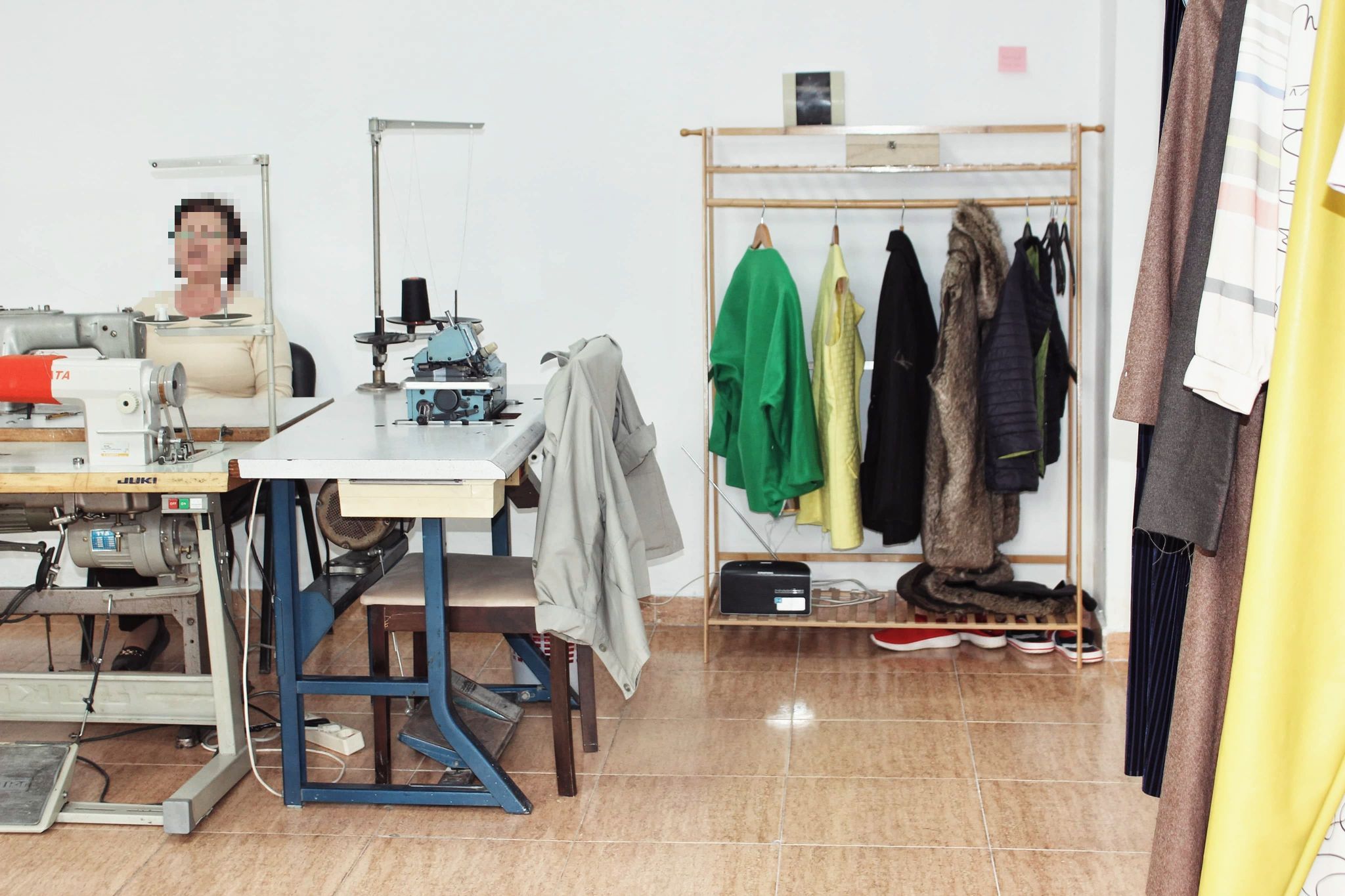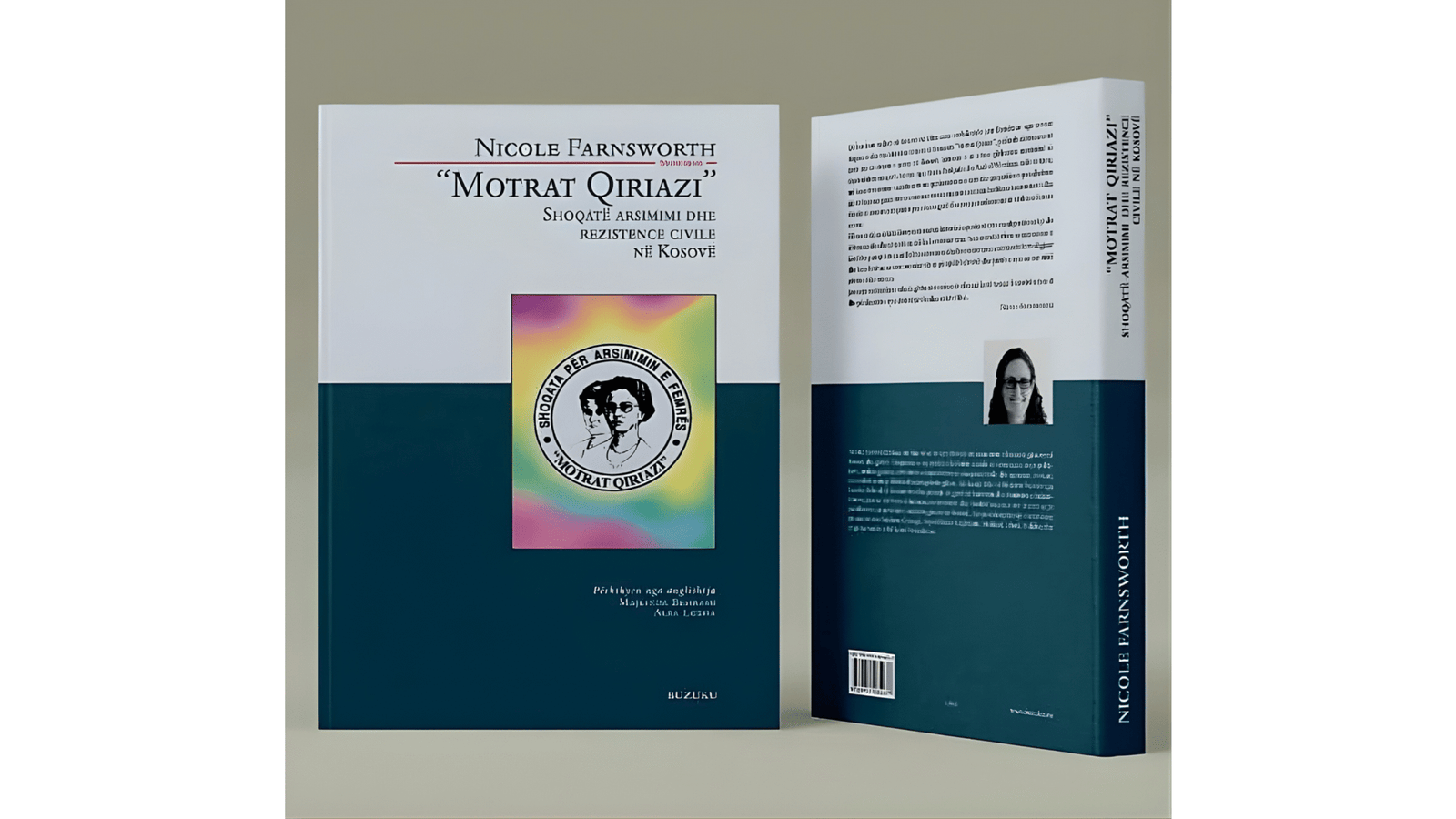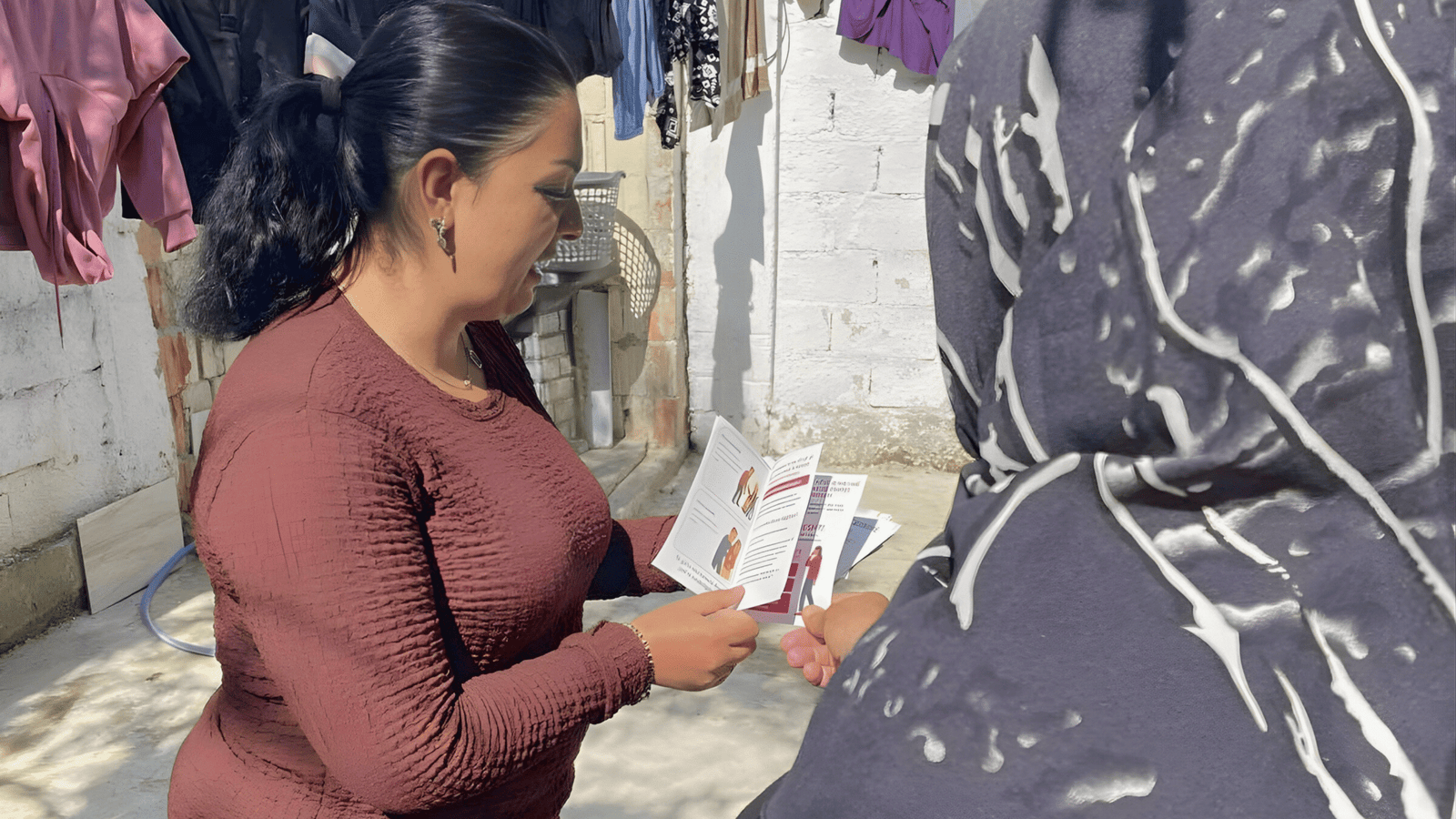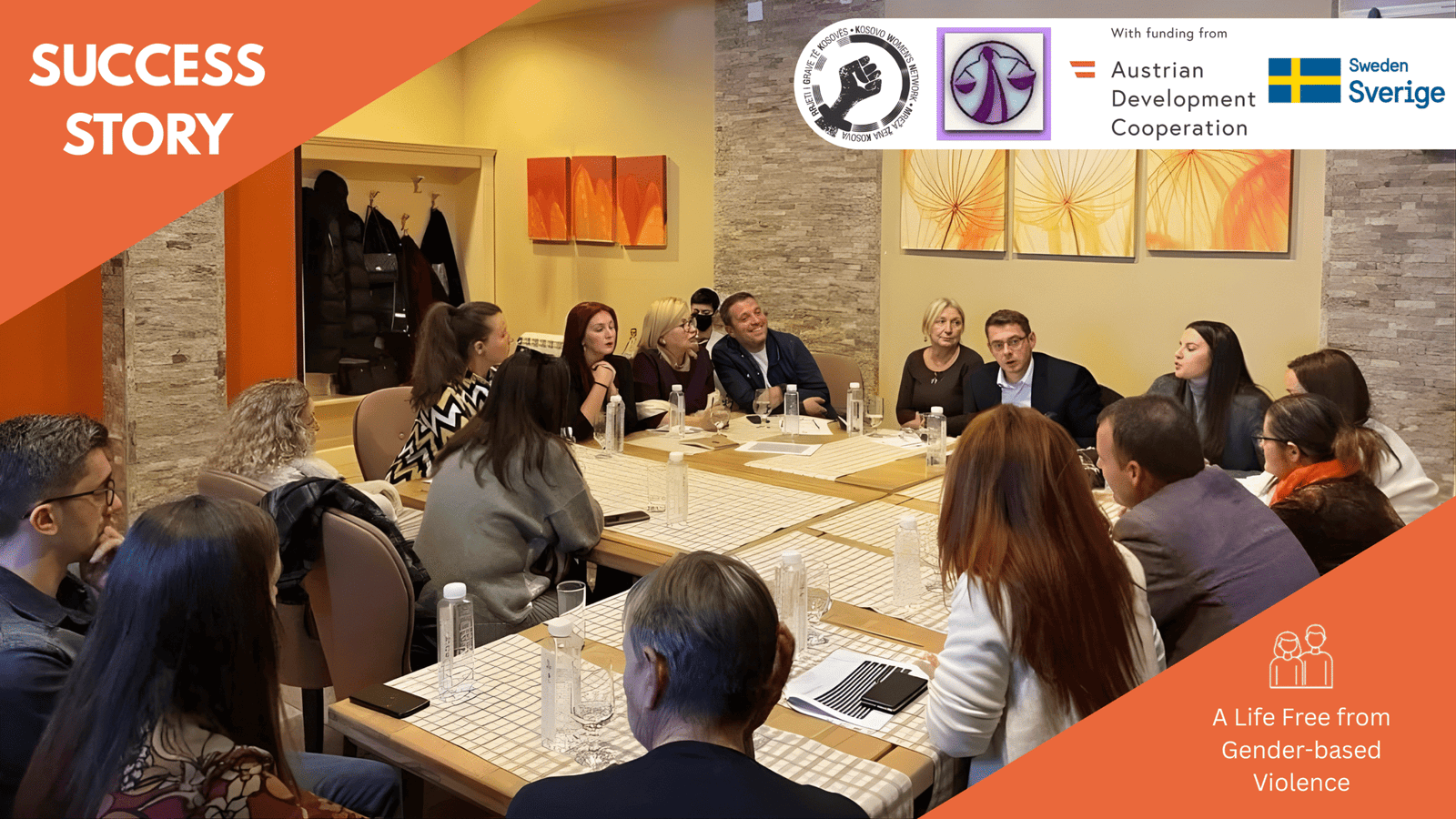Frida* was only 17 years old when her family forced her to marry her 40-year-old husband. Her parents told her that she was a girl and that it was her duty to obey them. She had only met her husband five times before their wedding day.
The violence started the first week that they lived together. She soon learned that he was an alcoholic and substance abuser. She endured living with him, in this abusive relationship, for 10 years.
Frida worked as a tailor in a shoe-making factory near Tirana, Albania. She faced many hardships. During a violent episode, her husband broke her arm and she could not work. However, her employers did not allow Frida to take medical leave, and they stopped paying her immediately.
Frida, now unemployed, faced economic hardship, particularly as she still had to care for her three children.
Moreover, after she was fired, her abusive husband was furious. He stabbed her with a knife. The neighbours called the police, and he was immediately arrested.
After these incidents, Frida didn’t know where to seek help or where to report the labour rights violations she had faced at work. While listening to the radio, she learned about the Counselling Line for Women and Girls (CLWG) and called their toll-free number: 116117.
One of the counsellors provided her with free psychological support and mentoring about employment opportunities. With her permission, the counsellors referred Frida to the Gender Alliance for Development Center, which supported her in reporting her prior employer’s violations of her labour rights.
Frida also attended the CLWG’s educational trainings about the legal framework in Albania, which protects women’s labour rights, as well as the institutions where one can report gender-based discrimination at work.
“In these training courses, I had the possibility to meet different women, and we all had many things in common,” Frida recalled. “We were all survivors of violence, who had, one way or another, experienced discrimination and unfair treatment in the workplace. I feel like employers understand when women are vulnerable and uninformed, and they take advantage of this. Employers do not comply with the legislation, and they treat you unfairly. However, after attending these trainings, I feel stronger and much more confident, because now I know how to respond to injustice, and who to contact for help. Now I know what is legal and not, what my rights are as an employee, and where I can report discrimination”.
With the help of CLWG counsellors, Frida has found work as a tailor in a small shop. She also started attending a cooking course offered by the state, free of charge, for survivors of domestic violence. She still meets regularly with the Gender Alliance for Development Center to learn more about her rights regarding work, sick leave and pay.
“It is still not easy for her, or for the other women who have attended our trainings and received our services,” said one of the CLWG counsellors. “However, this information and support has empowered them, and their future seems brighter”.
This is the story of one woman, a survivor of domestic violence, who received support from CLWG.
In 2020 alone, CLWG received 6,000 calls from women and girls about discrimination in the workplace, assisting them in knowing their rights and seeking justice.
This initiative is part of the CLWG action, supported by the Gender Alliance for Development Center, Kosovo Women’s Network and their partners through the Action “Furthering Women’s Labour Rights”. This Action is financed by the European Union and co-funded by Swedish International Development Cooperation (Sida).
*Her name has been changed to protect her identity.







